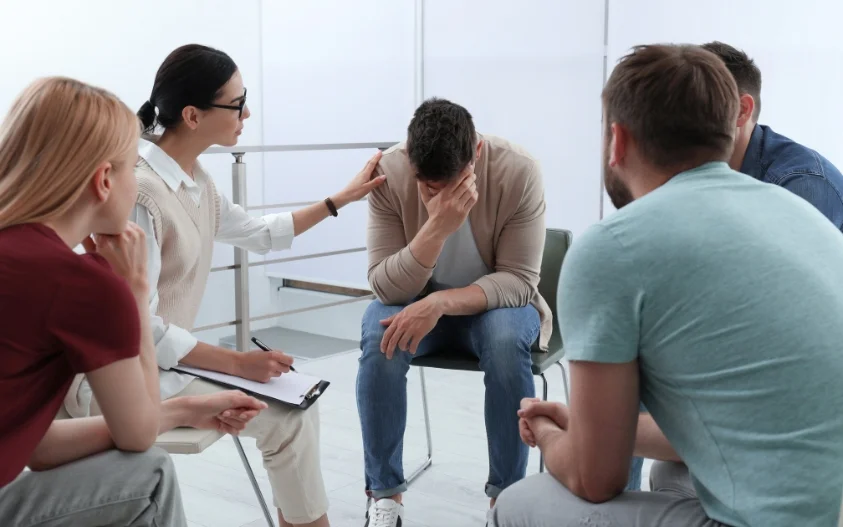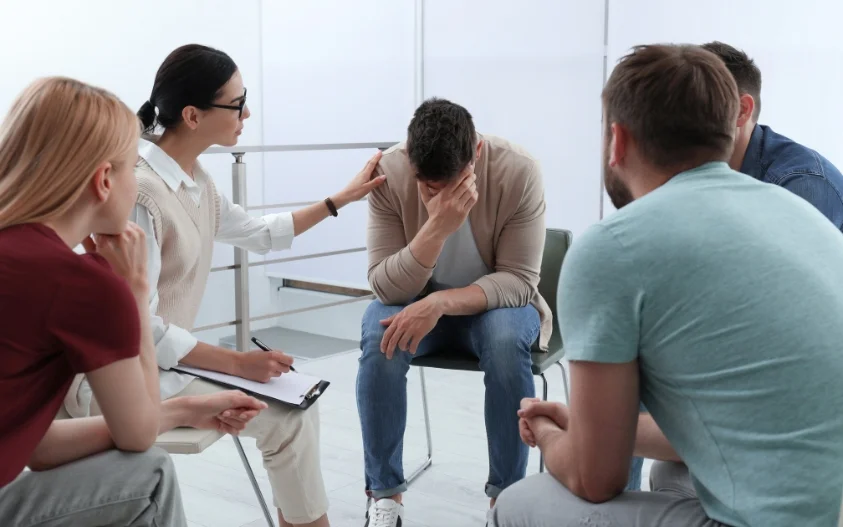24/7 Helpline:
(866) 899-221924/7 Helpline:
(866) 899-2219
Learn more about Ritalin Detox centers in Person County
Other Categories in Person County

Other Insurance Options

Group Health Incorporated

Providence

Private insurance

Meritain

Aetna

BlueShield

Holman Group

GEHA

Ceridian

BHS | Behavioral Health Systems

Health Choice

Molina Healthcare

Access to Recovery (ATR) Voucher

Premera

WellCare Health Plans

MHNNet Behavioral Health

Magellan Health

Evernorth

Sutter

Self-pay options

Freedom House Recovery Center
Freedom House Recovery Center - South Madison Boulevard offers outpatient treatment for individuals ...








































Life Changes
Life Changes offers a variety of programs including EAP Services, DWI Assessments & Treatment, and S...




















